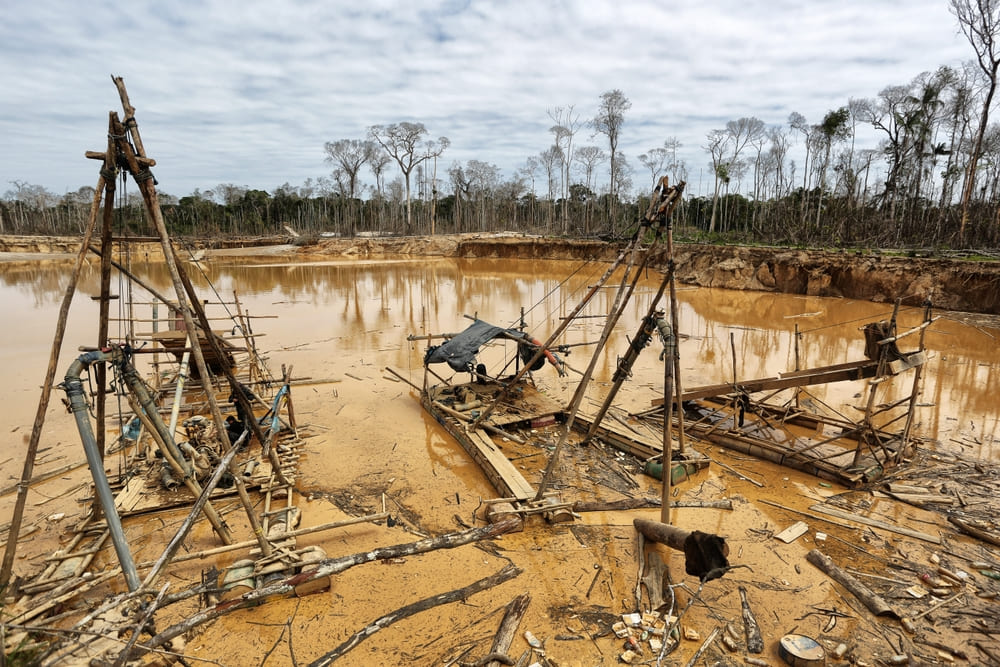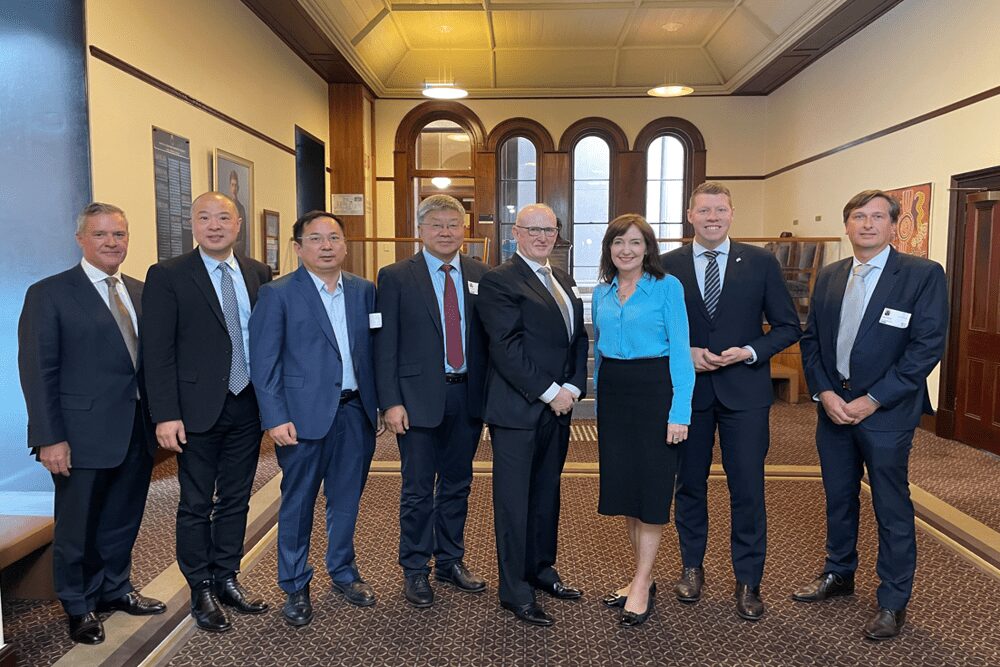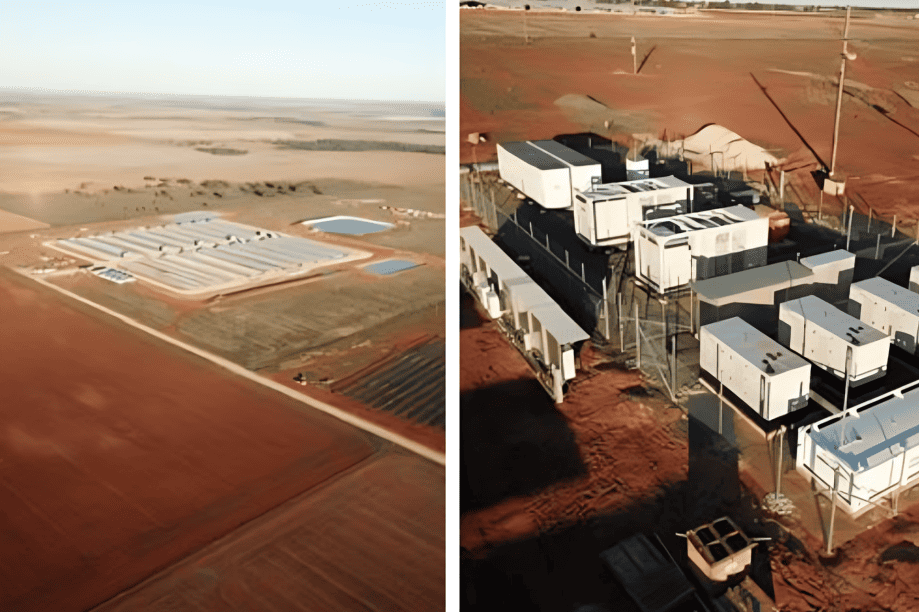
Sustainability consultancy Fair Futures has released a comprehensive white paper highlighting significant modern slavery risks embedded within the renewable energy sector, in response to the Western Australian government’s clean energy strategy.
The white paper emphasises the need for a solid action plan to ensure responsible procurement of renewables.
Fiona David, co-author of the paper and CEO of Fair Futures, warns of the “dirty secret” of unethical supply chains in the clean energy transition.
She stresses the importance of addressing these risks to achieve clean energy goals responsibly.
“While modern slavery is in no way unique to the renewable energy sector, more can be done to safeguard against forced labour in the complex supply chains of solar and other renewables,” Fiona David said.
The white paper highlights the risks associated with sourcing critical materials and minerals for solar panels and batteries from regions where child labour and modern slavery are prevalent.
For example, cobalt mines in the Democratic Republic of Congo, which produce a significant portion of the world’s cobalt supply, have been linked to widespread child labour.
Additionally, a substantial portion of polysilicon, the primary material used in solar panel manufacturing, is sourced from the Xinjiang Uyghur Autonomous Region of China, where labour conditions are questionable.
The European Parliament recently approved a ban on the import of products manufactured with forced labour, following the United States’ example.
The US has already taken action, stopping 2831 shipments of products, including solar panels, at the border in 2024 due to forced labour enforcement.
Fiona David stresses the need for ethical procurement practices in government clean energy strategies, especially as states vie to become leaders in energy efficiency.
“As states across Australia vie to become leaders in energy efficiency, the potential for human rights violations in our government supply chains remains a glaring oversight,” she said.
The white paper suggests that Western Australia should align its procurement practices with human rights standards, including voluntary compliance with the Modern Slavery Act.
It also recommends a collaborative approach to risk management across sectors and ensuring human rights risk management in public spending.
Fair Futures recommends looking to the NSW government model as an example of introducing modern slavery risk management into public sector procurement.
The NSW government’s approach includes practical steps such as sourcing products that aren’t linked to slavery and fostering relationships with suppliers to manage slavery risks effectively.
“In the long term, systemic changes like more stringent regulation and collaboration between government, industry, and other stakeholders will be needed to monitor the clean energy transition to ensure we can meet critical clean energy targets without relying on human exploitation,” Fiona David said.
The white paper, Modern Slavery Risk and WA’s Clean Energy Plan, can be accessed here.











